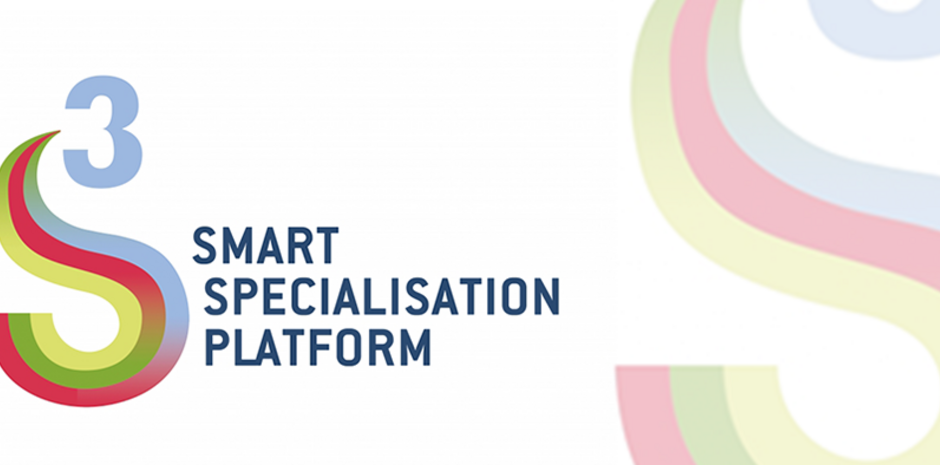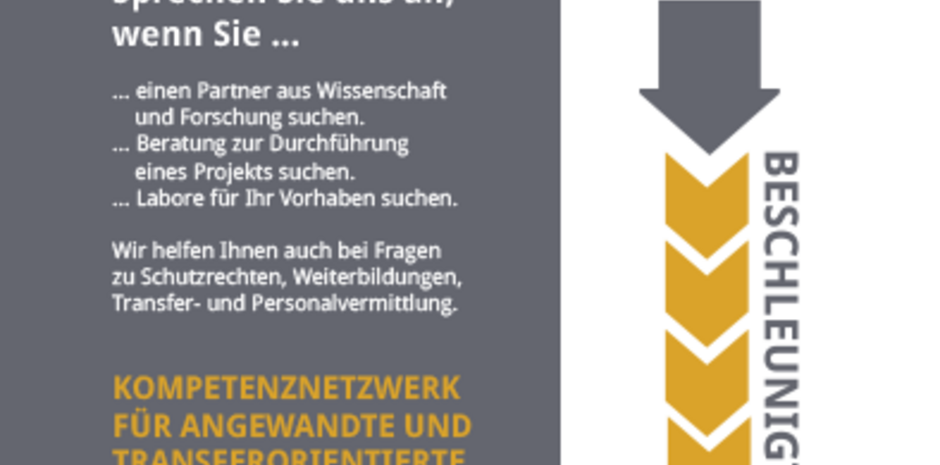
Smart specialisation can be understood as an innovative approach that aims to boost growth and jobs in Europe, by enabling each EU country and its regions to identify and develop their own competitive advantages. With its bottom-up and strategic partnership approach, smart specialisation brings together local authorities, business spheres and the civil society and academia, working for the implementation of long-term growth strategies supported by EU funds. Higher Education Institutions (HEIs) can play a key role in the development, implementation and review of regional Research and Innovation Strategies for Smart Specialisation (so called RIS3). They are among the few institutions that act as 'boundary spanners', bridging all three elements of the 'Knowledge Triangle' - Research, Education and Innovation. These understanding and observations are behind an S3 Platform project called Higher Education for Smart Specialisation (HESS), which is undertaken in partnership with the Commission's DG Education and Culture.
The Competence Network for Transfer-oriented Research (KAT) is a joint initiative of the four universities of applied sciences (UAS) and has been set up as a catalyst for business-related innovations in Saxony-Anhalt. KAT's thematic priorities reflect the Regional Innovation Strategy. Each UAS provides resources and expertise according to their practice-oriented research profile which refers to their socio-economic landscape. Due to a close connection with enterprises, UAS are regional key players of talent attraction and retention. Compared to other German and European regions, Saxony-Anhalt has to cope with a number of long-term challenges such as over-aged population, outbound migration and related brain drain to other German regions, low rated international competitiveness of SME and a moderate rank in the EU’s regional innovation scoreboard. Consequently, the action lines of the KAT have been targeted to tackle these challenges. Overarching purpose of KAT is to contribute to an accelerated smart catch-up growth in Saxony-Anhalt. In this context, driving employment, increasing innovation capacity, improving international competitiveness, responsiveness to emerging trends, effective use of limited resources is considered to be the main components.
Please see the full statement here.
Regional Innovation Scoreboard 2017 (Saxony-Anhalt Results DEE0)
Hochschule Harz
Competence Centre for Information and Communication Technologies & Business-oriented Services and the Application Lab as internal service and consulting centre
Hochschule Anhalt
Competence Centre for Life Sciences
Hochschule Magdeburg-Stendal
Competence Centre for Engineering Sciences/Renewable Resources
Hochschule Merseburg
Competence Centre for Chemicals and Plastics


